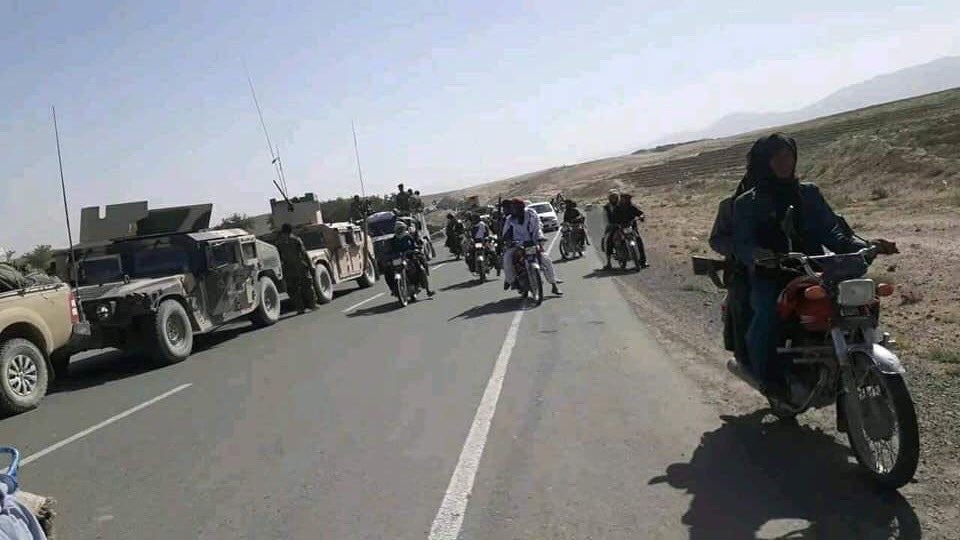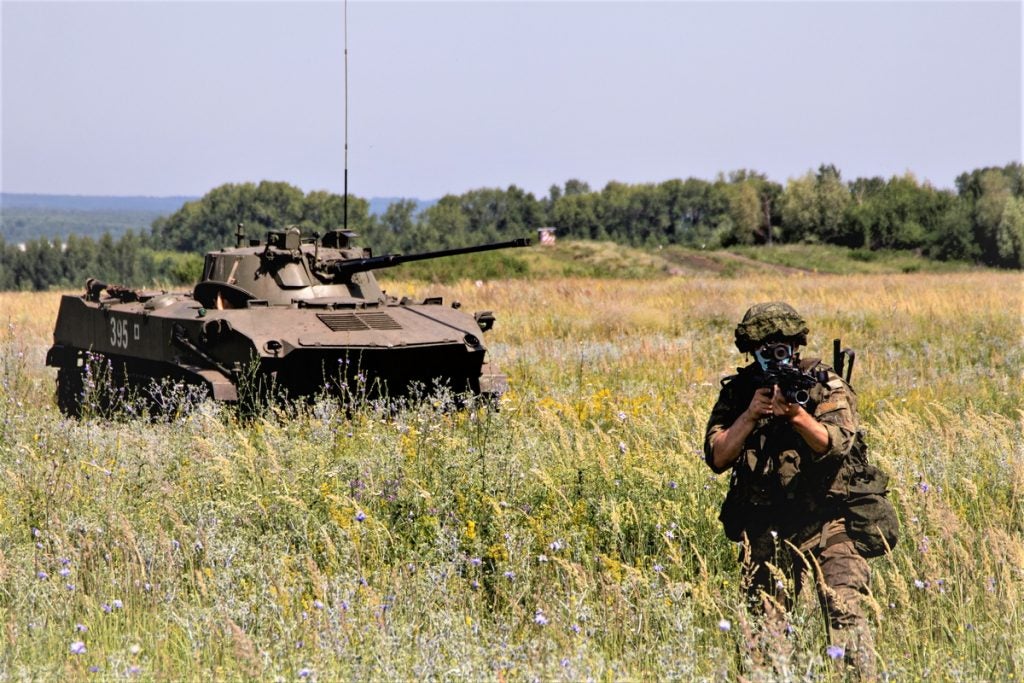Russia Promises To Defend Its Allies As Consequence of US Withdrawal From Afghanistan
The extent of the Taliban’s success within Afghanistan has caused concern for the war-torn country’s neighbours. Both Tajikistan and Uzbekistan have raised alarms when the Taliban have become increasingly active on their boarders. Tajikistan is an ally of the Russian Federation and a member of the Collective Security Treaty Organization (CSTO), while Uzbekistan is a member of the Commonwealth of Independent States (CIS) both of which fall into Russia’s sphere of influence.
The Russian Federation is also concerned with the safety of its southern flank. The quick advance of the Taliban forces has caused the Afghan National Army to collapse in districts across the country and even led to over a thousand troops to flee Afghanistan into Tajikistan. Russian Foreign Ministry spokesperson Maria Zakharova recently revealed that the majority of the Afghanistan border is already under the control of the Taliban. However, this is only the beginning of the development of issues in the area.

No doubt the Kremlin remembers the difficult experiences of the Soviet War in Afghanistan. Thus, Vladimir Putin will be determined to deny any access to radical Islamic organizations into Russia. Russian Minister of Foreign Affairs Sergei Lavrov said: “we will do everything to prevent any aggressive moves against our allies, including using the Russian military base on the border between Tajikistan and Afghanistan.” During a meeting of the Shanghai Cooperation Organization (SCO) leaders from Eurasian nations released a statement calling on “the fighting parties to refrain from violence and armed clashes, and to prevent terrorist groups from using Afghan territory to threaten the security of any other country, including the SCO countries.”
Since the collapse of the USSR Russia no longer shares a border with Afghanistan but does maintain bases in nations which do including Tajikistan. Most recently it has been reported that the Taliban now control Afghan border crossings with Pakistan and Iran. During a meeting between Russia and Pakistan’s foreign ministers on 14th July, the situation in Afghanistan was raised with the Russian foreign ministry saying: “both sides stressed the need to expand the multifaceted bilateral cooperation further, namely in the counterterrorism sphere and in the trade-economic sphere.”

Lavrov told Russia’s state news agency TASS that Putin had held talks with his counterparts from Tajikistan and Uzbekistan. The Russian promise of protecting its allies is a necessity under the circumstances. Moscow blames the US and NATO for the lack of ability to contain the conflict, threatening the possible deterioration of the situation. Lavrov continued “we are closely watching what is happening in Afghanistan where the situation has a tendency to swiftly deteriorate including against the backdrop of the hasty exit of American and other NATO troops.”
With the US and ISAF withdrawal and the continuing collapse of the Afghan National Army and government a power vacuum is developing. The attempt to address the situation by the Russian Federation may put the entire region in a critical position, with the potential for a new conflict between Russia and the Taliban, a war which could spill into Central Asia, engaging several neighbouring states. The consequences of such conflict would be dire, as Russia already struggles with the ongoing fights with radical Muslims in Dagestan and Chechnya that include the use of various internal security forces.
We will closely monitor the situation and bring you updates in regard to Afghanistan and potential Russian military intervention against the Taliban in support of Tajikistan and Uzbekistan.

